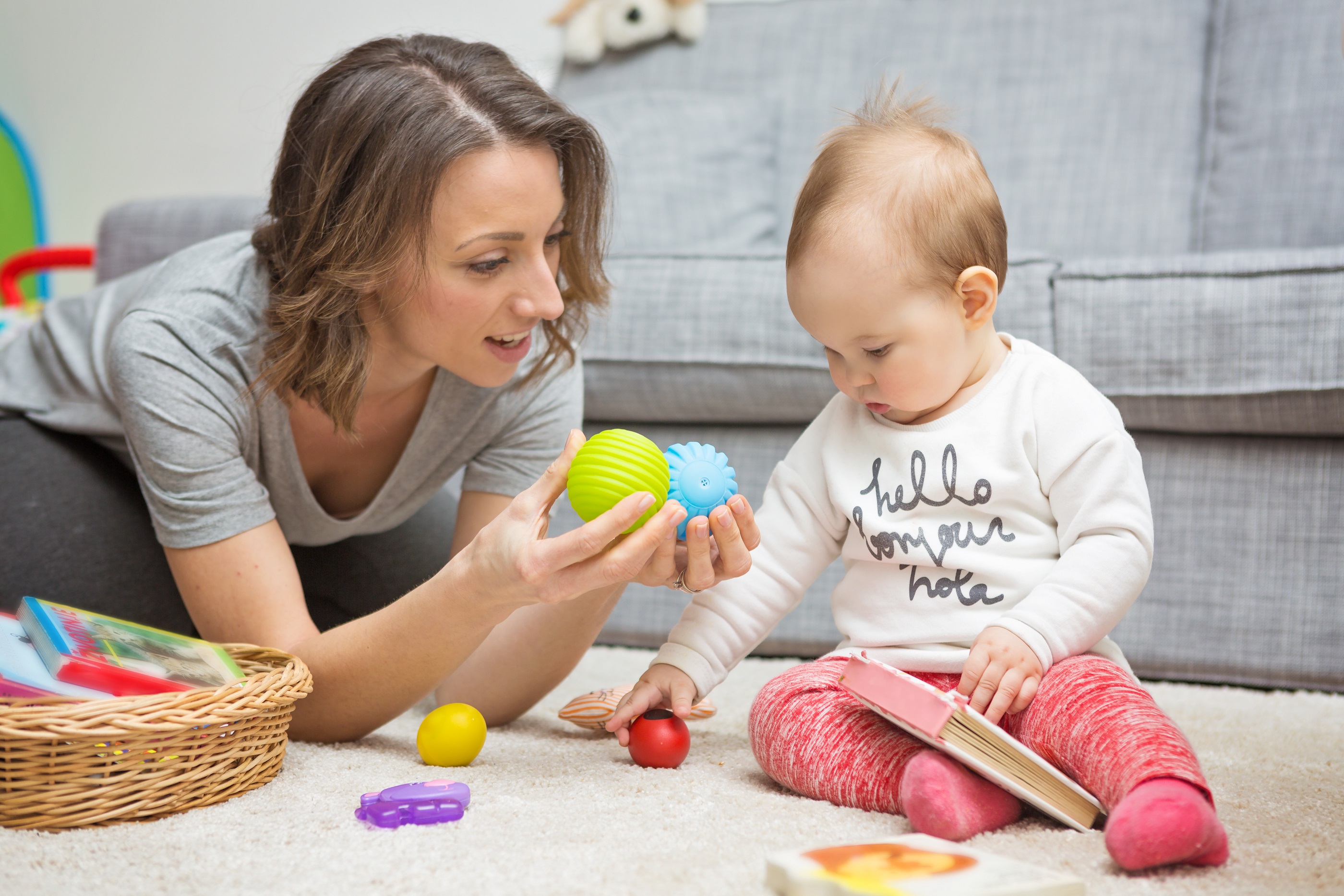 Source: bing.com
Source: bing.comAs a new parent, you’re probably eagerly anticipating every milestone in your baby’s development. One of those milestones is sitting up on their own, which is a significant accomplishment for babies. It not only gives them a new perspective on the world around them but also helps to develop key muscles and coordination. In this article, we’ll take a closer look at the development of sitting in babies and what you can do to help your little one reach this important milestone.
Table of Contents
When Do Babies Start Sitting Up?
Babies develop at different rates, but most babies start sitting up on their own between the ages of 4 and 7 months. However, it’s important to note that some babies may take longer than others to develop this skill, and that’s perfectly normal. If your baby isn’t sitting up by 9 months, talk to your pediatrician.
What Are the Developmental Steps Involved in Sitting?
Before your baby can sit up on their own, they need to master a series of developmental steps:
- Lifting their head and chest up while lying on their stomach
- Rolling over from front to back, and back to front
- Sitting with support (being propped up)
- Sitting without support (on their own)
Each of these steps helps to build the muscles and coordination necessary for sitting up on their own. It’s important to provide your baby with plenty of opportunities to practice each step, but don’t force them. Let your baby develop at their own pace and offer encouragement and support along the way.
How Can You Support Your Baby’s Sitting Development?
There are several things you can do to support your baby’s sitting development:
- Give your baby plenty of tummy time
- Encourage rolling over
- Use a nursing pillow or Boppy to support your baby when they’re sitting up
- Place toys just out of reach to encourage your baby to reach for them
- Provide lots of positive reinforcement and praise
Remember, every baby develops at their own pace. Be patient and supportive, and your baby will reach this milestone when they’re ready.
What Are Some Signs Your Baby Is Ready to Sit Up?
Your baby will give you plenty of signs that they’re ready to start sitting up on their own. Look for these signs:
- Your baby can hold their head up steady without support
- Your baby has good head and neck control
- Your baby can sit up with support (such as a nursing pillow or Boppy)
- Your baby can hold onto and play with toys while sitting up with support
What Are Some Safety Precautions to Keep in Mind?
When your baby starts sitting up on their own, it’s important to take some safety precautions to prevent falls and accidents. Here are a few things to keep in mind:
- Never leave your baby unattended on a raised surface, such as a bed or changing table
- Remove any objects that your baby could pull down on top of themselves
- Make sure your baby is sitting on a safe, stable surface
- Always keep a hand on your baby for support and to prevent falls
FAQ
What if my baby is not sitting up by 9 months?
If your baby is not sitting up by 9 months, talk to your pediatrician. They may recommend a developmental evaluation to ensure that your baby is on track with their development.
Do I need to buy a special seat to help my baby sit up?
No, you don’t need to buy a special seat to help your baby sit up. In fact, it’s better to let your baby practice sitting up on their own on a safe, stable surface.
Is it normal for my baby to fall over while learning to sit up?
Yes, it’s perfectly normal for babies to fall over while learning to sit up. Make sure your baby is sitting on a safe, stable surface and keep a hand on them for support.
Should I force my baby to sit up before they’re ready?
No, you should never force your baby to sit up before they’re ready. Let your baby develop at their own pace and provide plenty of opportunities for practice and support.
What if my baby doesn’t seem interested in sitting up?
Some babies may not be interested in sitting up right away, and that’s okay. Keep providing opportunities for practice and support, and your baby will reach this milestone when they’re ready.
